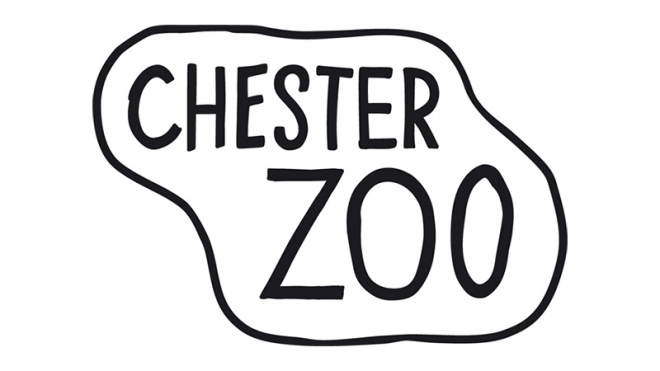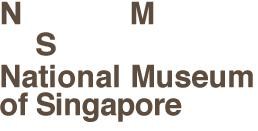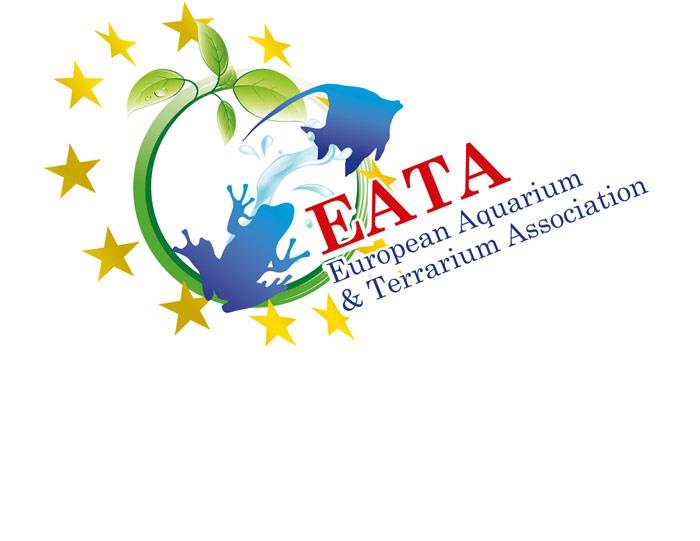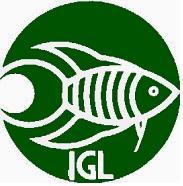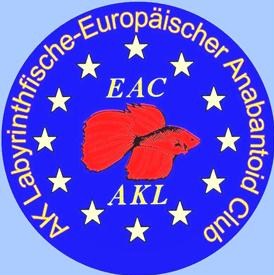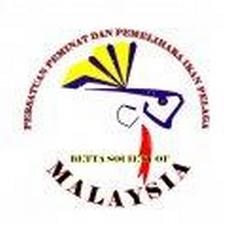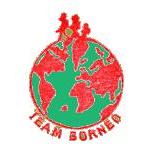We can only work together, not alone or even against each other
Cooperation is crucial for a project like the Parosphromenus project. This is one of the significant improvements which have been implemented in 2010 compared to the initial phase.
It is not possible to run a project like this successfully within the frame of just one single organisation. From the beginning we have approached each expert and every seriously interested person, no matter to which organisation she/he belongs. A one-sided tie to a certain organisation hinders a fact-oriented international project. The “Arbeitsgemeinschaft Prachtguramis” of the IGL, the nucleus of the project, will remain an important centre. Still this working group has the largest concentration of Parosphromenus friends worldwide.
But other organisations are now our coequal partners; today we promote the matter of the licorice gouramis as part of a network. Within the Parosphromenus-Project we explicitly avoid fragmentation of forces and in contrast aim to consolidate all available resources under the umbrella of an independent network, which works voluntarily , does not require a costly membership and gathers together anyone who is interested in the existence of these fish. This comprises the following groups:
In Europe among others
- Shoal Freswater conservation – Leader Michael Balzer
- Chester Zoo –
- the EATA
- the „European Anabantoid Club“ (AKL/EAC)
- the German umbrella organisation VDA
- the IGL
- the French CIL
- the English AAGB
- the Swiss umbrella organisation of aquarium- and terrarium societies
- and further national societies
- but also single organisations which support our work (for example through formation of a small working group licorice gouramis)
In the USA our network supports, among others
- the “Federation of American Aquarium Societies” (FAAS)
- Parosphromenus Genetic Research Centre – Brian Martineau In Asia this comprises among others:
- the “Team Borneo”
- Betta Society of Malaysia
- Wildlife Society of Indonesia
Museums :
- Natural History Museum London
- Raffles National Museum of Singapore
- Sarawak State Museum Kuching
Only as part of the network we can have success. Any form of conservation has no chance if it is just an initiative of a single group or organisation. The alternative would be an institution which could organise this, based on large financial resources and jobs. But in the case of Parosphromenus spp nobody would be able to raise the needed money.
